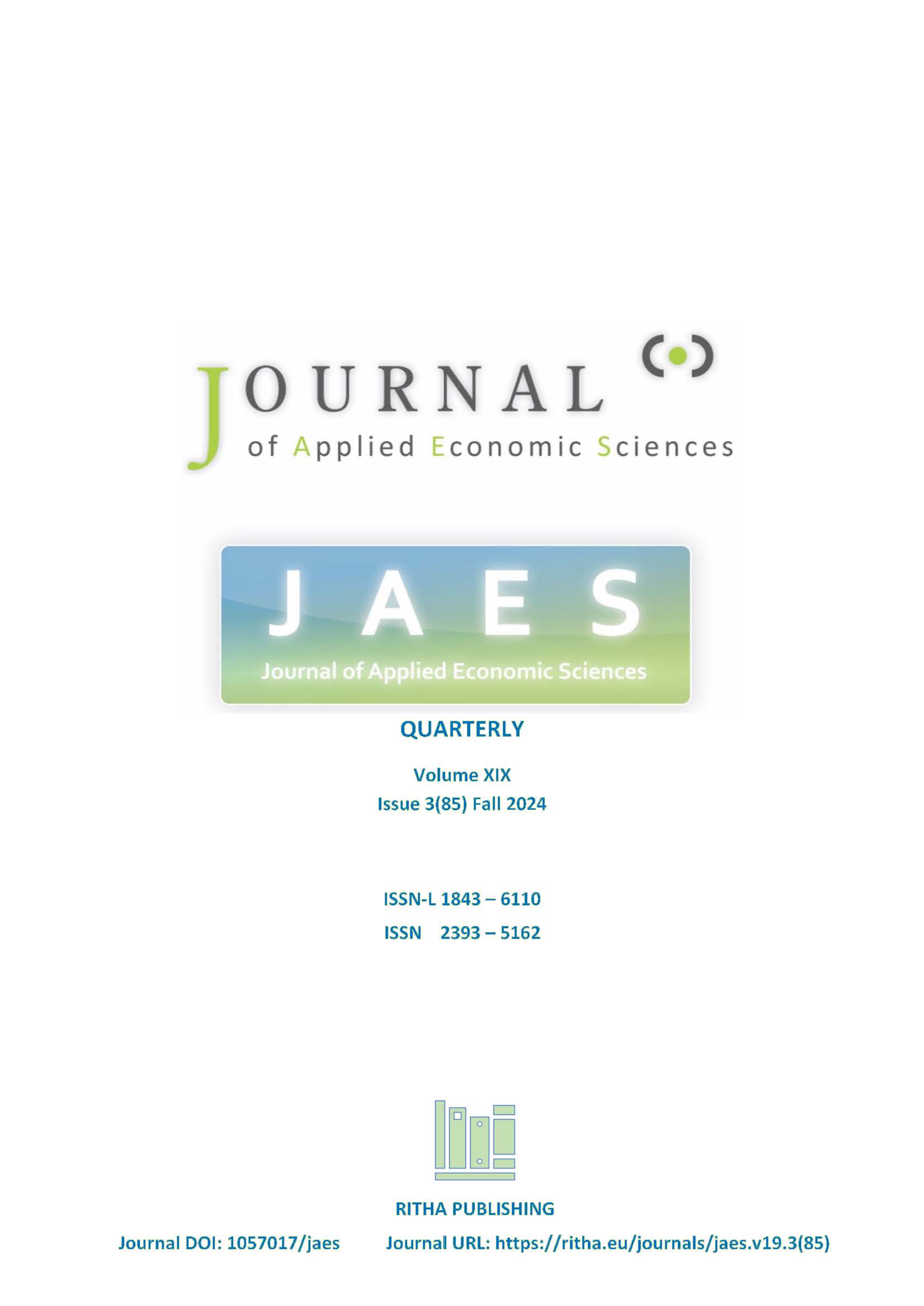The Green Trilemma: Energy Efficiency, Banking Stability and Climate Risk in the Environmental, Social and Governance Context at World Level
The Green Trilemma: Energy Efficiency, Banking Stability and Climate Risk in the Environmental, Social and Governance Context at World Level
Author(s): Massimo ARNONE, Angelo LEOGRANDESubject(s): Economy, Business Economy / Management, Energy and Environmental Studies, Socio-Economic Research
Published by: Centrul European de Studii Manageriale și Administrarea Afacerii - CESMAA
Keywords: banks; energy and the macroeconomy; energy forecasting; valuation of environmental effects; climate risk
Summary/Abstract: In the following article, we analyse the relationships among banking stability, the efficiency of the energy system and climate risks at a global level. We present a detailed analysis of the literature relating to the relationship between the banking system and Environmental, Social and Governance (ESG) models. In our research, we try to verify whether it is possible to achieve energy efficiency, stability of the banking system and reduction of climate risk together, i.e. the “Green Trilemma”. The econometric analysis is conducted through the following models: Panel Data with Random Effects, Panel Data with Fixed Effects, Pooled Ordinary Least Squared and Weighted Least Squared-WLS. To estimate the variables, we used World Bank data. The analysis shows that ESG growth is negatively associated with energy efficiency and positively associated with banking stability and climate risk. It therefore follows that the Green Trilemma hypothesis is rejected. Countries can only target banking stability and climate risk through ESG models.
Journal: Journal of Applied Economic Sciences (JAES)
- Issue Year: XIX/2024
- Issue No: 3(85)
- Page Range: 235-255
- Page Count: 21
- Language: English

